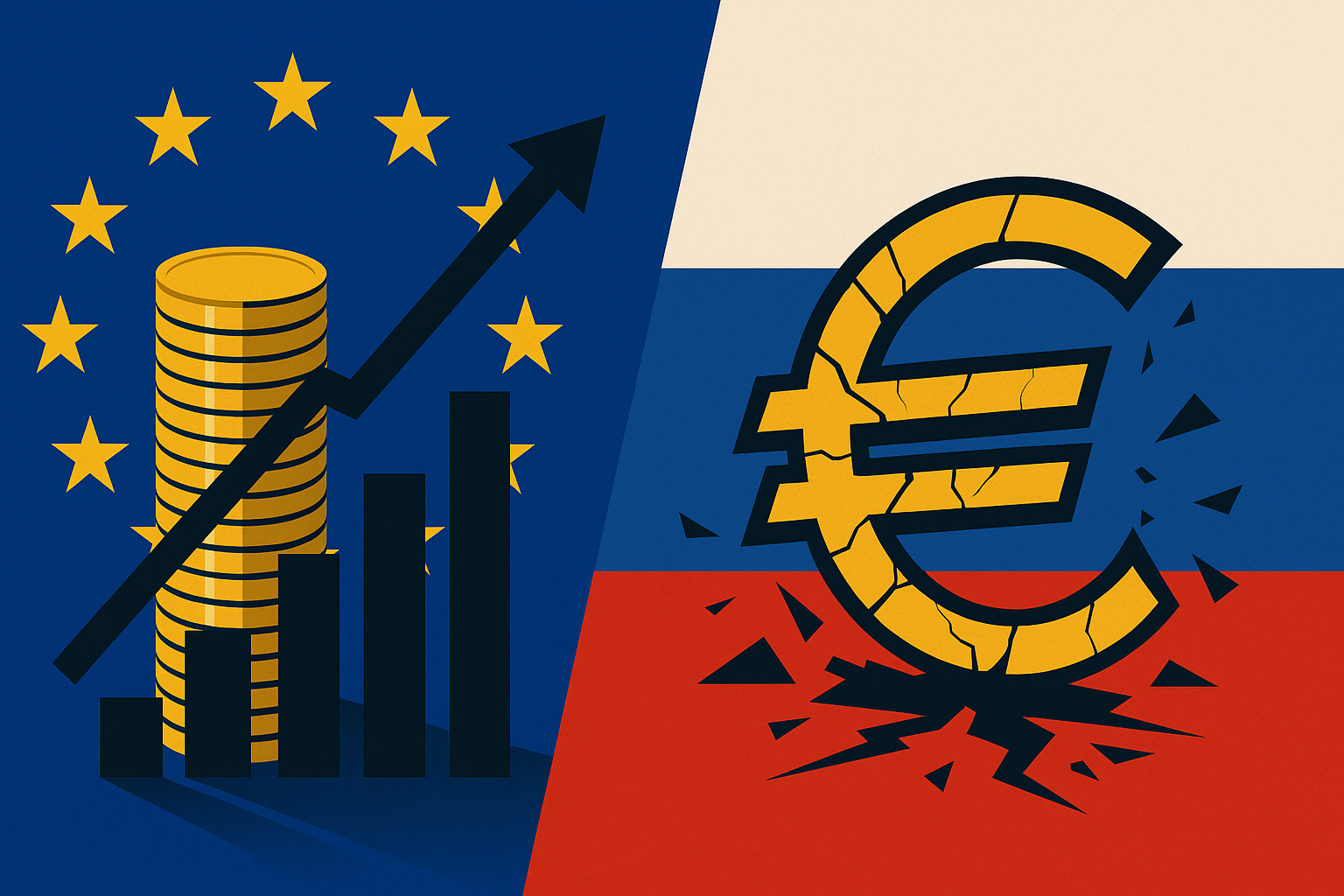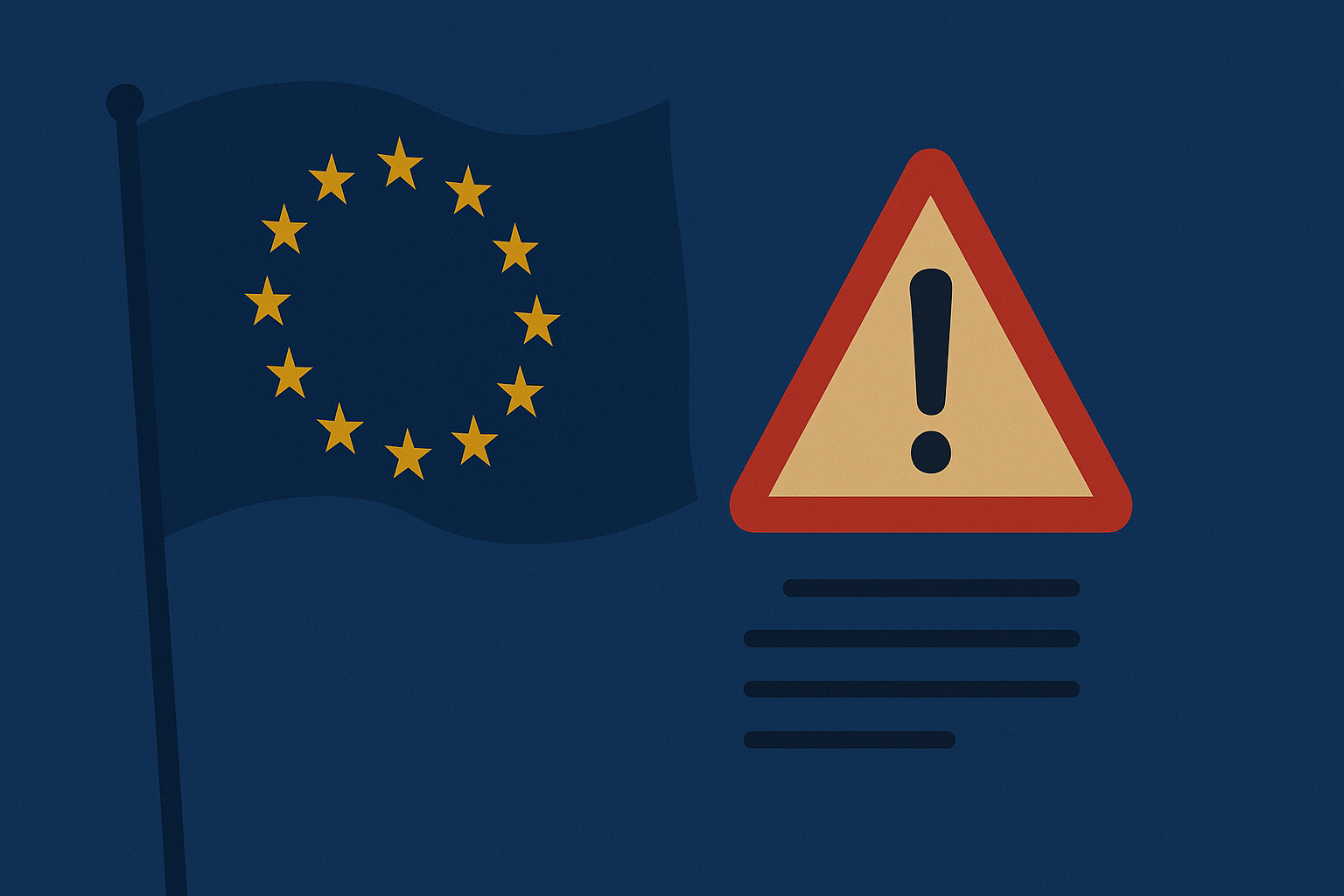European stock markets edged lower on Monday after U.S. President Donald Trump announced plans to impose 30% tariffs on European Union imports, intensifying fears of a renewed trade war. The move, unveiled over the weekend, has already prompted the EU to delay its planned retaliatory tariffs in hopes of negotiating a resolution before the August 1 implementation deadline.
By early afternoon trading:
- Germany’s DAX index fell 0.9%
- France’s CAC 40 declined 0.5%
- The Stoxx Europe 600, which tracks companies across the continent including the UK, dropped 0.4%
Automotive and Luxury Sectors Hit Hardest
Sectors with high exposure to U.S. markets bore the brunt of Monday’s selloff.
- The Stoxx 600 auto sub-index lost 1.1%
- Mercedes-Benz shares fell 1.7%
- BMW dropped 2.2%
- Luxury brands also suffered: Hermès slipped 1.9%, Kering lost 1.5%, and Pandora tumbled 2.7%
Investors Weigh Risks of Escalation
Trump’s new tariff proposal marks a sharp escalation from the 20% rate floated in April, and adds to a wave of trade threats issued in recent days — including similar tariffs on Mexican imports.
While markets reacted negatively, many analysts believe Trump’s aggressive stance may be part of a broader negotiating strategy.
“After a period of relief that tariffs would be manageable amidst a lot of empty threats, some concerns are building that the market performance itself may encourage Trump to push further,” said Guy Miller, chief market strategist at Zurich.
“There’s a high risk of disruption over the summer, albeit more modest and contained than April.”
Currency and U.S. Market Reaction
The euro fell 0.1% against the U.S. dollar following the news.
In the U.S., equity markets also opened lower but saw more limited declines:
- The S&P 500 slipped 0.1%
- The Nasdaq 100 opened flat
Analysts Caution Against Complacency
Some strategists warn that while markets appear to be brushing off the threat as posturing, the risk of real economic damage remains if no resolution is reached.
“If there’s no negotiated settlement, I can’t see how the EU just takes it lying down — so they probably will retaliate,” said Peter Schaffrik, chief European macro strategist at RBC Capital Markets.
Barclays issued a note warning that a 30% U.S. tariff on EU goods could trigger a major selloff in equities and raise the risk of a broader recession.
“We’re skeptical tariffs will settle at the high levels threatened by Trump,” the note stated.
Goldman Sachs echoed the sentiment, noting that market skepticism over the likelihood and durability of the proposed tariffs is “well-founded.”
Outlook
With just over two weeks until the proposed tariffs take effect, investors will be closely watching for signs of negotiation or escalation. For now, European markets remain volatile, bracing for the next move in an increasingly uncertain trade environment.








